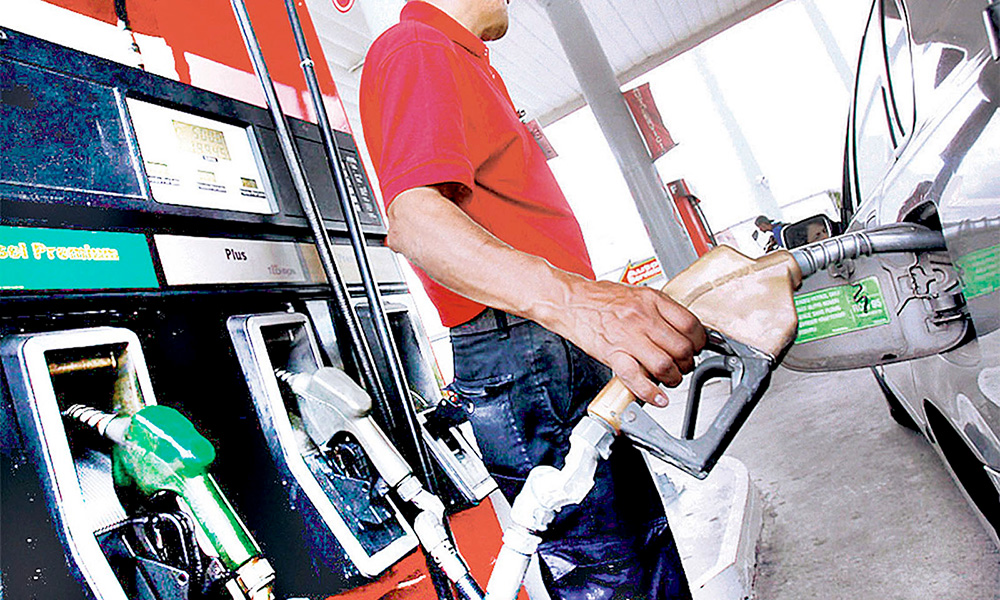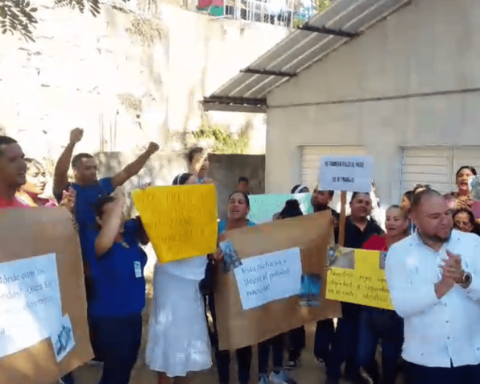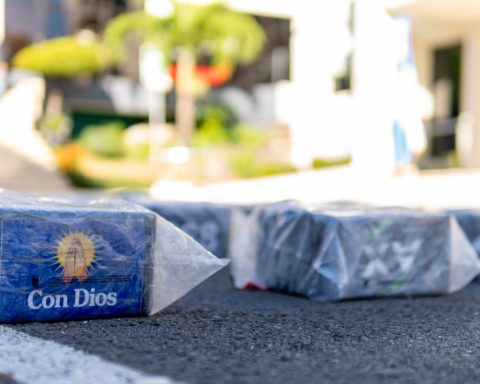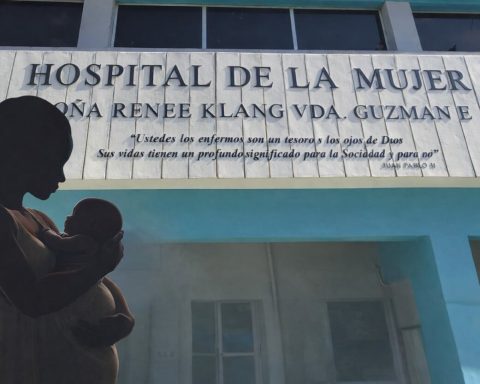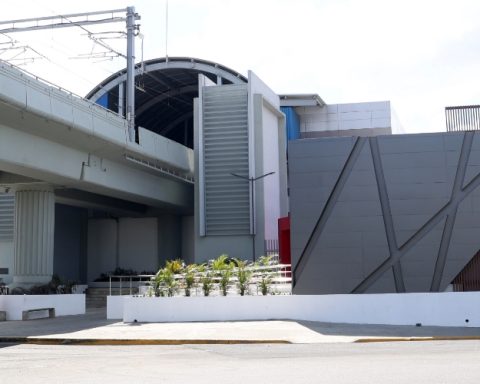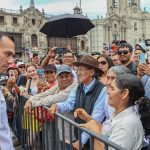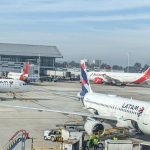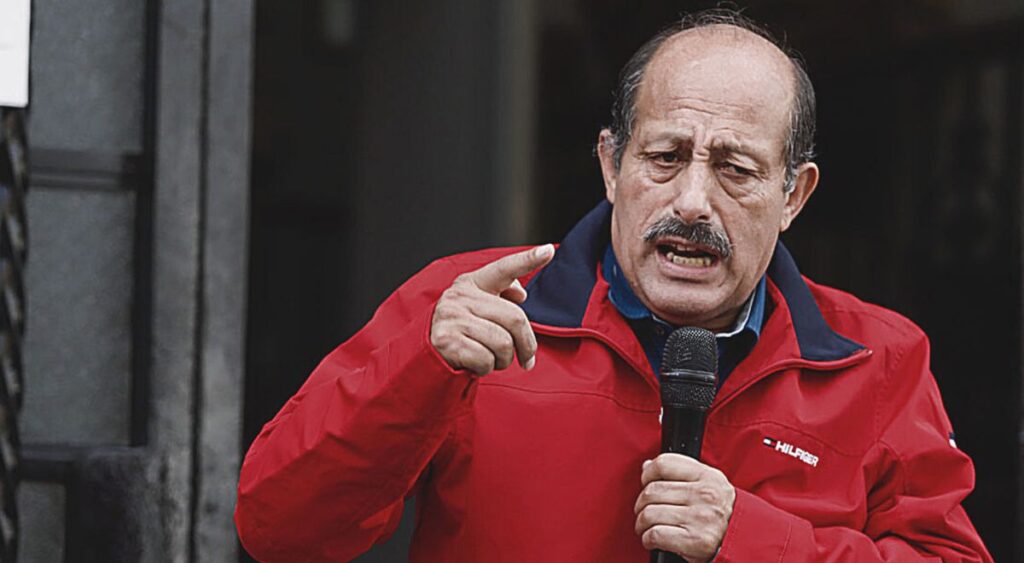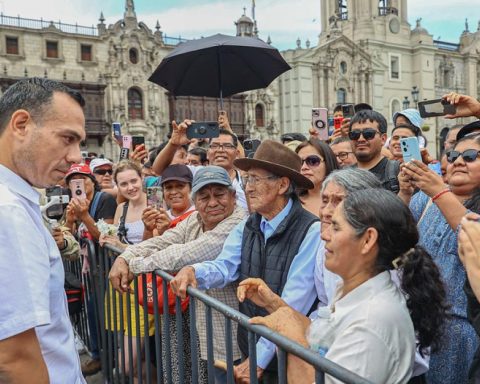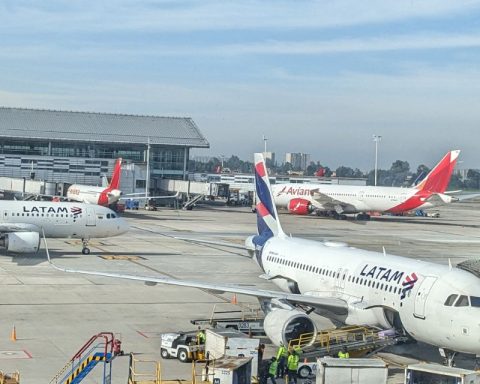The subject is addressed together with the professionals Miguel Collado Di Franco, Antonio Ciriaco Cruz and Andy Dauhajre
Every time the government decides to freeze the price of fuel, it is benefiting the rich (those who have the possibility of consuming more) more than the poor. Three economists from the country agree on that.
For example, Miguel Collado Di Franco, executive vice president of the Regional Center for Sustainable Economic Strategies (CREES), when addressing the issue, at the request of elCaribe, maintains that “when the government freezes the price of fuel, what it is doing is allowing those who consume more – who are precisely the people with higher incomes – benefit from cheaper prices”.
Meanwhile, Andrés Dauhajre Jr., in an article published in this newspaper, maintains that “governments do not improve distributive equity when they freeze or limit increases in fuel prices.”
By way of example, he cites that in 2021, the Dominican Government avoided transferring to retail prices the entire increase in international prices of oil and derivatives and that the fiscal sacrifice or tax expenditure reached RD$15,360 million (0.29% of GDP) .
It adds that while the poorest 20% of the population received RD$1,588 million, the richest 20% pocketed RD$5,746 million, almost four times more than the poorest 20%. Instead of protecting the poor, the middle class and the rich, Dauhajre argues, it would have been more sensible to collect the full taxes established by law (RD$15.36 billion) and transfer RD$6.4 billion in cash to the 60% of the population with the lowest income. , which would include the poor and most of the middle class in a fragile situation.
Professor Antonio Ciriaco Cruz, deputy dean of the Faculty of Economics of the Autonomous University of Santo Domingo (UASD) states that “obviously when the Government theoretically assumes any type of subsidy it is benefiting the richest, because the richest, in that sense they have more capacity to withstand price increases.”
“But, the problem that the Government has is that if it transfers the subsidy in cash, there is an opportunity cost, because at that moment the Government does not have the resources in cash. And it becomes easier for him to assume a deferred payment with importers until he has resources, and then he pays that debt that accumulates, ”he explains.
From the perspective of the Executive Vice President of CREES “what has been happening is that the international market price is not being reflected and the signal that it is increasing is not being sent; rising up”.
Based on Miguel Collado’s experience and knowledge of the subject, prices -in themselves- always have valuable information on scarcity, on production and demand conditions, in a general sense. “And that is being distorted in the Dominican Republic by applying a kind of generalized subsidy.” Generalized subsidies are never good… they benefit those who can consume more, assured the vice president of CREES.
When the specialist speaks that “by subsidizing a distortion is produced”, he specifically refers to the fact that the beneficiaries do not moderate consumption (which is what should happen when costs rise), because they are not seeing expressed the real situation that exists and that is being reflected in higher prices.
According to Miguel Collado, if the Government assumes the freezing of fuels with indebtedness, this indebtedness is a deferred tax, which must be paid in the future. “And there is no distinction of who will pay it.”
“First, it’s not necessarily today’s consumers, but it’s going to be paid by people of all incomes. So, we are penalizing the first income of the future now. It’s a big distortion; This type of practice is not advisable from the economic point of view. The correct thing would be, from our point of view, a review of the fuel price determination formula, from the import parity price itself, passing through the same taxes, which are the most important component, and the distribution margins, commercialization and transportation,” he said.
He argued that if one wanted (it is not in that situation) the alternative could be a kind of targeted subsidy, although it is a bit difficult to administer, because generalized subsidies are not the best option. Collado Di Franco clarifies, to avoid being singled out for it and to avoid confusion, that he is not recommending targeting of the subsidy.
The vision of the “uasdiano” professor; payment theme
Professor Antonio Ciriaco Cruz suggests that the situation should be carefully analyzed, because when the Government assumes any type of increase in fuel, deep down it is assuming a subsidy, but that does not mean that the Government is immediately transferring the resources to those on the market (in this case, to importers), but assumes a debt and assumes a deferred payment, which is very different.
“It could be thought that the Government immediately transfers the resources to fuel importers, and this is not the case. And in the case of making a transfer of resources to the poor, such as a cash transfer, clearly the Government at that time would not have the resources, because what the Government does is that it simply defers that payment and has it as a debt. and does not pay immediately. If it were to assume that subsidy as a cash transfer, then it would have to transfer immediately and that is what the Government does not have”, he pointed out.
The university professor assures that this is why it is easier for the Government to simply assume the subsidy for importers and it does not do so precisely with cash transfers to the poorest.
“So it is not so easy to do this exercise,” warns Ciriaco Cruz, referring to the possibility that the poor will be transferred in cash, whenever the Government decides to “freeze the price of fuel,” assuming the payment charge with importers. “Theoretically, it could be thought that it is easier for the Government to assume these subsidies as a direct transfer to the poorest, but it does not have the money. And it is easier for importers to assume the subsidy because it does not pay them immediately, but assumes it as a future debt and pays it when the Government has the resources”, he insisted.
“Last week, the Government announced that it will again absorb the cost of the increase in fuel prices that had to be made, a decision that will cost RD$600 million. At this rate, the Government would be incurring a fiscal sacrifice or tax expenditure of more than RD $ 30,000 million in 2022, ”said the economist Andrés Dauhajre Jr., in his article.
